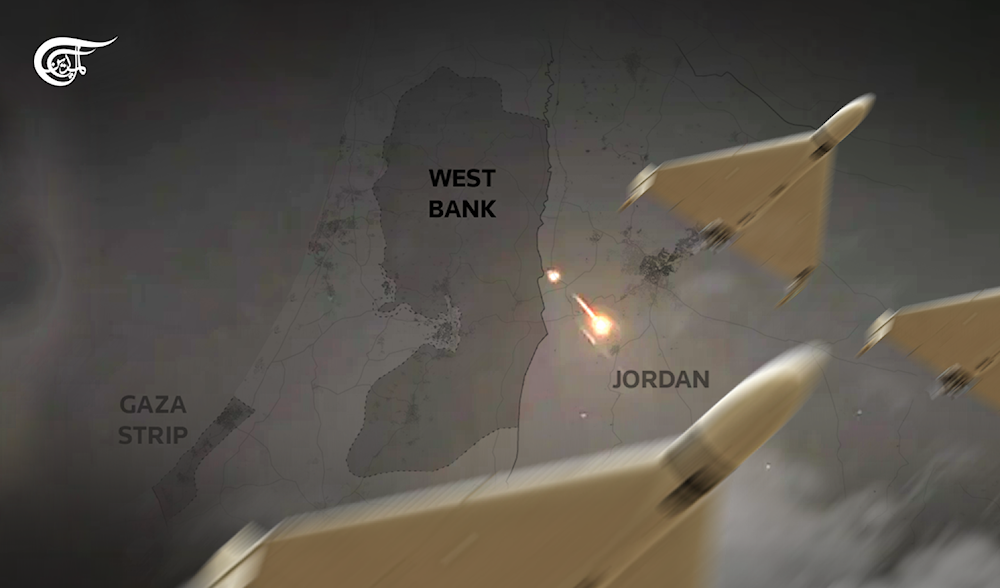
In recent months, the West Bank has witnessed a disturbing trend: a surge in attacks by settlers targeting Palestinian individuals and villages. While this pattern of aggression is not novel within the context of “Israel’s” policy of ethnic cleansing, its intensified manifestation, often concealed under the pretext of incidents such as the disappearance of a settler near Ramallah, underscores the volatile aftermath of Operation al-Aqsa Flood.
Amidst this backdrop, the launch of Operation al-Aqsa Flood emerges as a watershed moment that reaffirms the cause of Palestine as a central Arab and Islamic one, especially amid the existing critical juncture on the global scale.
Though carried out by the al-Qassam Brigades, this operation is like a sprout from the deep roots of the ongoing battle for Palestine’s freedom, led by what has become known as the Axis of Resistance.
Spanning from the Mashreq to the Maghreb (Orient to the Occident), across the breadth of the Arab and Islamic worlds, the events unfolding in the Gaza Strip, the West Bank, and throughout occupied Palestine have ignited a widespread response. These developments have set off a chain reaction, leading to escalations not only within the West Bank but also beyond, fueled by “Israel’s” “campaigns between wars.”
This campaign precipitated Iran’s remarkable retaliation following an Israeli assault on its consulate in Damascus. Understanding these unfolding events requires contextualizing them within the broader geopolitical landscape, where regional power dynamics intersect with longstanding conflicts and resistance movements.
Israeli settlers expelled under Resistance fire
Since October 7, the Israeli government has made public the displacement of over 250,000 Israeli settlers from their settlements. These settlements, largely constructed on land ethnically cleansed of its indigenous Palestinian and Arab communities, have become targets of Resistance operations spanning both northern and southern regions of occupied Palestine.
In the south, particularly in the Gaza envelope, where Palestinians besieged in the Gaza Strip once resided, a comprehensive evacuation has taken place after the Palestinian Resistance breached the Israeli separation walls and entered the settlements before showering its vicinity with missiles that have even reached “Tel Aviv” on multiple occasions.
The evacuation has significantly reduced the presence of settlers along the borders of the besieged Strip. Many settlers have relocated to central “Israel”, while others have scattered throughout the occupied territories. Some have chosen to return to their countries of origin, primarily in Europe or the Americas, based on their nationality prior to settling in “Israel”.
In the north, Resistance operations, spearheaded by Hezbollah and other factions, compelled Israeli settlers to evacuate settlements bordering Lebanon by a depth of 5 to 8 kilometers as reportedly revealed by Israeli journalists and Resistance sources.
While unprecedented since the so-called inception of “Israel”, these evacuations were anticipated. Hezbollah Secretary-General Sayyed Hassan Nasrallah previously underscored that in the next war with “Israel”, settlers would be forced to abandon their settlements, and while this is not even a widescale war, his words proved to be true once again. This strategic shift aims to bring the conflict to “Israel” rather than allow “Israel” to instigate hostilities in Lebanon, as it did in 2006 and 2000.
As Israeli deterrence erodes, it becomes increasingly apparent to settlers that they face an irreversible choice: either leave occupied Palestine or occupy another Palestinian home elsewhere in occupied Palestine.
Making up for what was lost on October 7
Israeli settlers faced a new reality following October 7, even vis-a-vis their daily life. Displaced settlers are now facing declining living standards after having initially migrated to “Israel” in pursuit of the material gains they had been promised once they settled in
Instead, settlers are now struggling not even to preserve their privileges against indigenous Palestinians, but to merely meet their daily needs as they lose their homes and the rest of the material gains they were promised at a time when the IOF has clearly failed to achieve any of its goals in the Strip or across the Northern Front – another issue which eliminates hope for Israeli settlers that things could get better in the foreseeable future.
Moreover, with the erosion of Israeli deterrence, settlers, once assured of their superiority over other regional powers such as Hezbollah, Hamas, and Iran, to name a few, now seethe with fury at their expulsion from territories they occupied during the 1948 Nakba and the 1967 Six-Day War. This resentment has boiled over, leading to a surge in attacks on Palestinian residents of the West Bank, surpassing previous levels of violence and reoccurring at a more frequent rate.
Simultaneously, Israeli occupation influencers-turned-government officials like Itamar Ben-Gvir and Bezalel Smotrich have spearheaded efforts to arm all settlers, going beyond the usual military program enforced upon Israeli settlers. The arming, which came under the guise of “fighting terrorism”, aims to revive historic terrorist Zionist organizations such as the Haganah, which conducted the initial Nakba in 1948, killing hundreds and thousands of Palestinians on purely racist grounds to occupy their homes and lands.
It’s crucial to recognize that “Israel’s” ethnic cleansing policies, which intensified notably after the events of Seif al-Quds in 2021 and further escalated following October 7, have emboldened settlers to perpetrate the same crimes of genocide as the Israeli occupation Forces are conducting the Gaza Strip [Over 33,000 martyrs] and the same crimes as the Haganah did in 1948.
Next stop on the path towards liberation: West Bank, East Bank
Looking for alternatives as the Israeli cities become overcrowded and the economy crumbles, settlers go stealing Palestinian homes and ethnically cleansing entire villages to accommodate their needs. This is not new, for we all remember the Israeli proverb put forward by the settler Yacob: “If I don’t steal it, someone else is gonna steal it.”
The killing of Palestinians and the destruction of their homes by settlers, under the protection of Israeli occupation forces, is fueling anger among the Palestinian people. This anger is exacerbated by the Israeli occupation government’s continuous announcement of new land seizures, extending over dozens of dunums in the West Bank, and even in al-Quds’ Sheikh Jarrah.
Coupled with widespread detention campaigns, assassinations, military raids, and other oppressive practices, this situation is pushing people toward embracing armed Resistance as the only means to achieve a free Palestine and live with dignity.
It is also important to note that in the West Bank, the Resistance has already begun establishing liberated zones, particularly across the triangle of hell: Jenin, Nablus, and Tulkarm. However, recent settler attacks have targeted areas in the Ramallah and Nablus governorates, farther from the refugee camps where the Resistance has garnered strong popular support and found a conducive environment to thrive.
This escalation is likely to ignite a widespread intifada across the West Bank, to expand the operation that was launched on October 7, bringing the war to the heart of occupied Palestine. This is especially likely given that the settler attacks are being conducted under the supervision of the IOF who have besieged multiple cities. These aggressions remain ongoing today, 4 days on, without stopping except when the Iranian missiles shook “Israel”.
The consequences of such an intifada, given its existential nature, may also provoke unrest across the East Bank of the Jordan River, where approximately 80% of the population is Palestinian.
Iran’s retaliation in context
In turn, Iran’s retaliation can be seen in the context of the West Bank and the historic struggle for the liberation of Palestine and the ending of Western hegemony in the region. This retaliation on Israeli-occupied Palestine consolidated the Axis of Resistance as a series of interconnected rings that had both the military capability and the strategic patience to coordinate operations to achieve a unified goal of an Israeli demise and ultimately US containment in the region.
As such, Iran’s successful cornering of the US and “Israel” in a well-calculated, below-threshold, but fully effective response, has underscored a new era in the struggle for the liberation of Palestine.
This meant that much like the Axis of Resistance did not leave the Gaza Strip and its Resistance alone, the West Bank Resistance would also have the support of the Axis.
This new era grants the Palestinian Resistance a larger margin of operation and limits if not ends “Israel’s” renowned “Campaign Between Wars” which was started in 2013 to “address Iran’s growing threat” following the start of the war on Syria. This means that Israeli deterrence has fallen even deeper than it has on October 7 with Hamas and on October 8 with Hezbollah and later in the face of Yemen and others.
To better understand the depth of that, one must look at Iran’s unprecedented retaliation against “Israel” following an attack on the Iranian consulate in Damascus. The retaliation, in fact, underscored the strategic maneuvering at play within the Axis of Resistance.
It stressed that beyond its primary objective of Palestinian liberation, this coalition seeks to dismantle the enduring legacies of colonialism and imperialism, epitomized by pivotal agreements like the Balfour Declaration, which allowed for the establishment of the Israeli occupation as a barrier “state” on occupied Palestinian soil with the aim of expansion and the Sykes-Picot Accords which partitioned the region into multi-purpose entities that serve colonialism.
Amidst escalating tensions and deepening geopolitical fault lines, it is impossible to understand unfolding events without delving into the complex and multifaceted dynamics of the existential war taking place at the heart of the Arab world; the war of the unmaking of the Sykes-Picot Accords.
In a more simplified way, one can explain the broader situation by saying that the Axis is determined to give the US and “Israel” a run for their money in the region. The Resistance movements in the region, backed by Iran and Syria, have one big mission: free Palestine and take down those pesky imperialist structures that have been causing trouble in the Arab and Islamic worlds.
Keep the big picture ahead, save your rage for the right time
Despite the ongoing genocide in which “Israel” has been targeting unarmed civilians, the Resistance continues to stand strong. It continues to conduct ambushes unimaginable by the Israeli occupation forces claiming their lives a dozen at a time.
As the leaders of the Palestinian Resistance have reportedly underscored, be it al-Qassam Brigades or al-Quds Brigades or others, Iran and the Axis of Resistance, especially Syria and Hezbollah, have played a key role in strengthening and transferring expertise to the Strip.
Much like in the Strip, the Axis of Resistance has no intention of allowing the West Bank and its Resistance to be wiped out and has a few tricks up its sleeve to turn the table on “Israel” and the West’s head.
In this context, it must be remembered that the struggle to liberate Palestine extends beyond the entity of Palestine as drawn by the Sykes-Picot Accords but involves the re-emergence of the historic Arab world with Palestine as the compass that has the ability to achieve that through the demise of the barrier state otherwise known as “Israel”.
In such situations, events unfold relatively quickly; however, there is no benefit in rushing liberation. Rather it is required to mature slowly in the sense that it becomes inevitable.
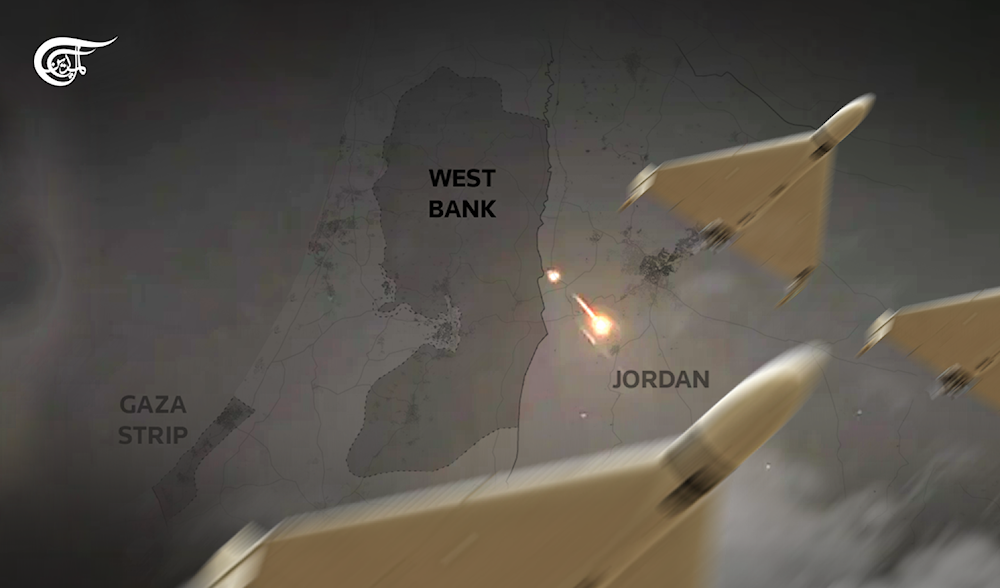
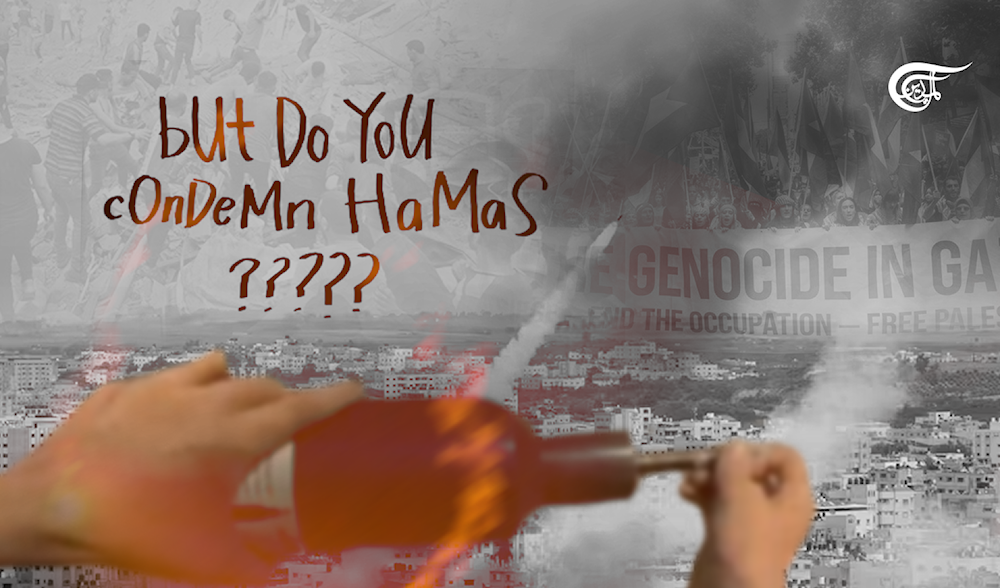
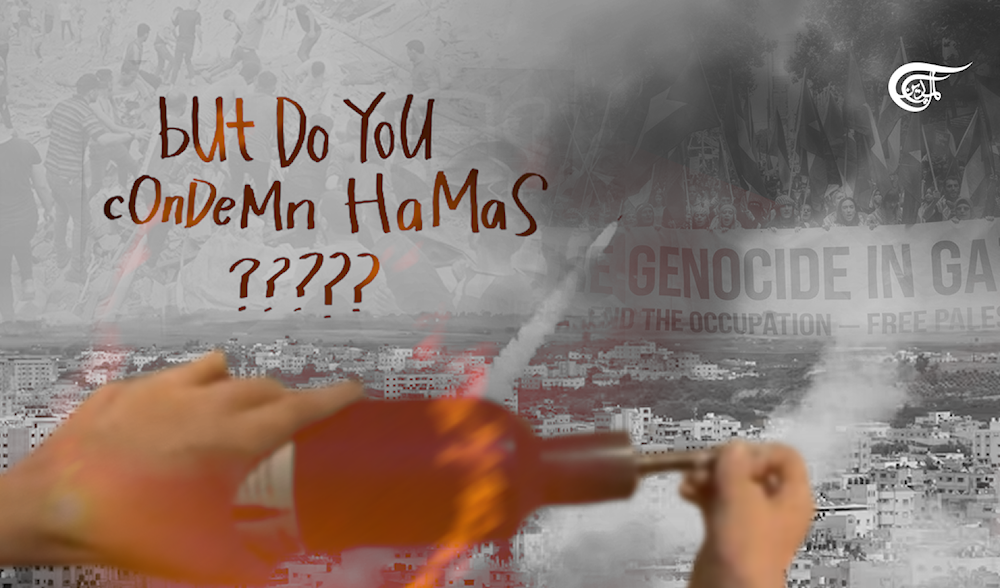
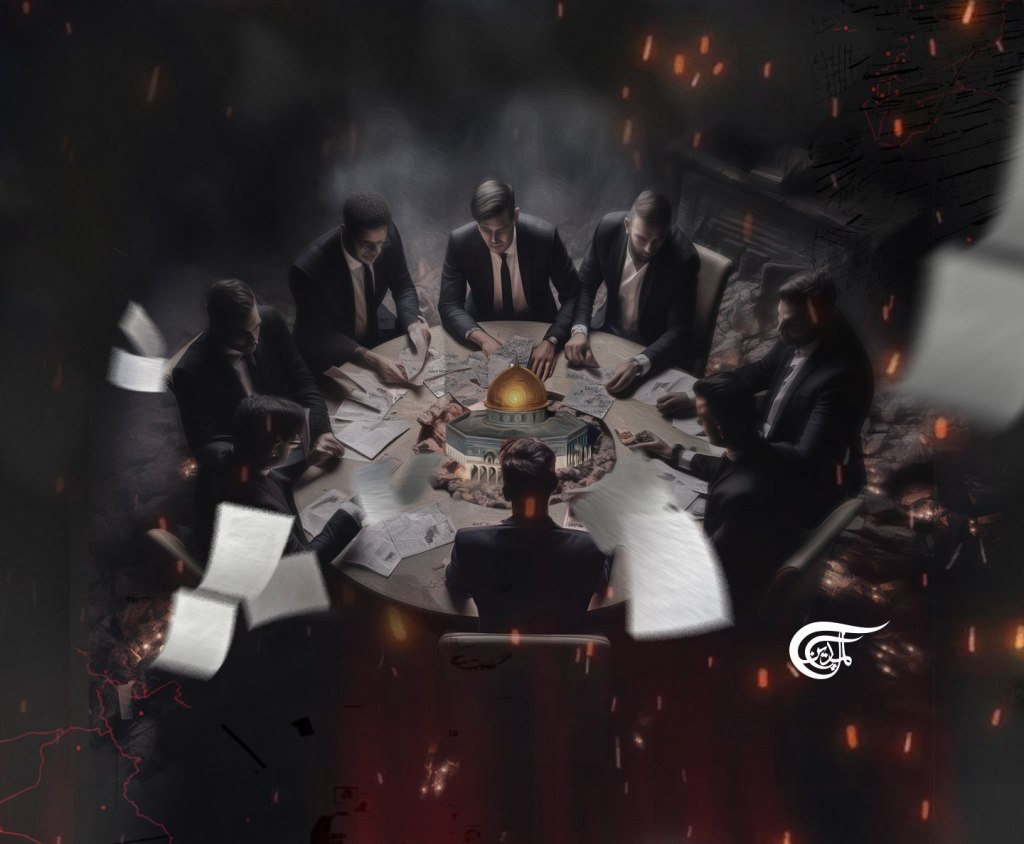
Leave a comment